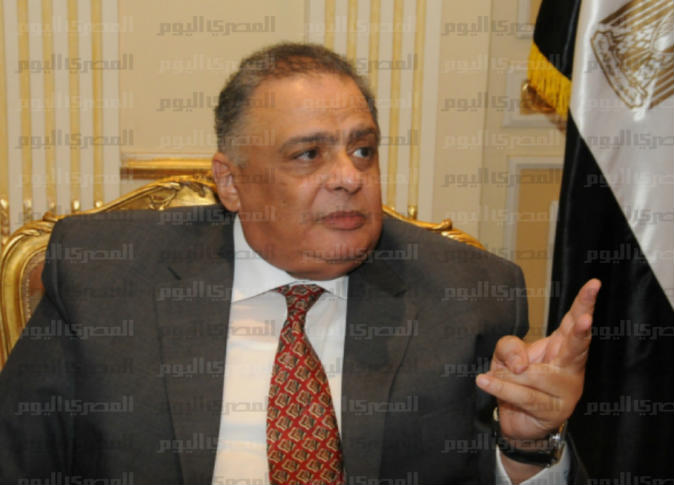
Several party leaders have criticized the committee tasked with amending the election laws, for allegedly ignoring their proposals, saying that the amendments only included the articles whose validity was earlier questioned by the Supreme Constitutional Court.
Hussein Abdel Razeq, member of the leftist Tagammu Party, said that the committee did not consider their proposals at all. There will be no consensus on the draft law, which should conform to the Constitution, he told Al-Masry Al-Youm.
He added that some articles of the elections law are invalid, whereas the status of others is yet to be decided.
Abdel Razeq also called on President Abdel Fattah al-Sisi not to take responsibility for the issuance of the law, and to form another committee that includes political groups, parties and constitutional experts. He also warned against a weak parliament, dominated by businessmen and similar to the parliament under rule of President Hosni Mubarak.
Hossam al-Kholy, deputy secretary general of Wafd Party, believes that the amendments show that the head of the committee, Transitional Justice Minister Ibrahim al-Heneidy, "does not wish to make an effort."
Kholy said that the committee handled the amendments using a ‘calculator’, adding that he is not sure about the reasons for dialogue with political parties over the proposal, given that the issue was "a mathematical one."
Farid Zahran, vice head of Democratic Egyptian Party, said that the government has failed to engage in a ‘societal dialogue’, proving that it is not willing to step back from any of its decisions or hold any serious talks. “Say what you want and I’ll do what I want anyway”, seems to be the rule it applies, Zahran said. Moreover, the government insists on issuing laws that unconstitutional, creating a weak parliament, that would merely act in the interest of the executive authority.
Mahmoud al-Alayly, member of Free Egyptians Party, said the amendments demonstrate that the committee limited itself to consider the court's decisions.
Salah Hasaballah, vice-head of the Conference Party, said the amendments made by the committee favor holding elections soon, given that the country needs a parliament that would answer to society's concerns.
Parliamentary elections were scheduled to take place over two phases, in March and in April. However, the Administrative Court suspended the process, after the Supreme Court decreed the unconstitutionality of an article in the constituency law, issued by President Abdel Fattah al-Sisi.
Edited translation from Al-Masry Al-Youm




